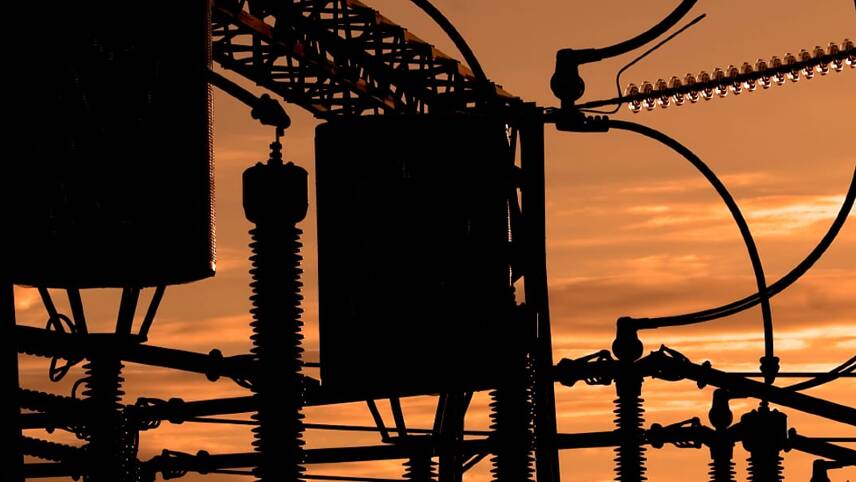This is the Sponsored paywall logged out

Decarbonising our energy systems and economies is a critical global challenge. At the same time, it creates key opportunities to evolve our energy systems, address historical inequities, and bring benefits to all customers.
 Reaching the target of net-zero carbon emissions will require a large expansion in low-carbon generation, much of this being connected to the local distribution networks, together with transport and heat-electrification. For the energy transition to succeed, all customers must benefit from the opportunities these changes can bring, such as the financial benefits associated with owning electric vehicles or from installing solar panels.
Reaching the target of net-zero carbon emissions will require a large expansion in low-carbon generation, much of this being connected to the local distribution networks, together with transport and heat-electrification. For the energy transition to succeed, all customers must benefit from the opportunities these changes can bring, such as the financial benefits associated with owning electric vehicles or from installing solar panels.
National Grid’s Future Energy Scenarios estimates annual British electricity demand will more than double by 2050, while peak demand would increase by 69% under the “Leading the Way” scenario, where the net-zero target is met by 2046. Achieving this growth requires a large investment increase in network infrastructure to improve the networks’ capabilities and resilience. This was reflected in Ofgem’s recent decision to increase distribution network operator expenditure allowances by 17% for RIIO-ED2 and to introduce a range of uncertainty mechanisms to ensure the right investment can be carried out at the right time.
All customers and stakeholders can play a role in decarbonisation by providing services that support the grid, such as shifting demand away from peak times. Network companies will need to make effective use of all available resources to ensure charges to customers remain affordable. This includes flexibility services from distributed generation, distributed energy resources, energy efficiency, and demand-side response to help manage the grid.
Fundamental to this will be continuing to improve grid reliability and resilience in Britain. This means continued performance improvements, both in terms of average customer interruptions and customer minutes lost and in making the most of the £95 million in RIIO-ED2 funding made available to improve reliability for worst-served customers. It means addressing short-duration interruptions that increasingly impact customers working and studying from home; retail and manufacturing; and distributed generation, which can get knocked offline. It also means targeting performance improvements for parts of the network, such as rural spurs, that often are affected most in major storms.
Additional network-reliability and resilience improvements will be key foundations of a just energy transition, where all customers can take advantage of the benefits a low-carbon energy system can bring.





Please login or Register to leave a comment.